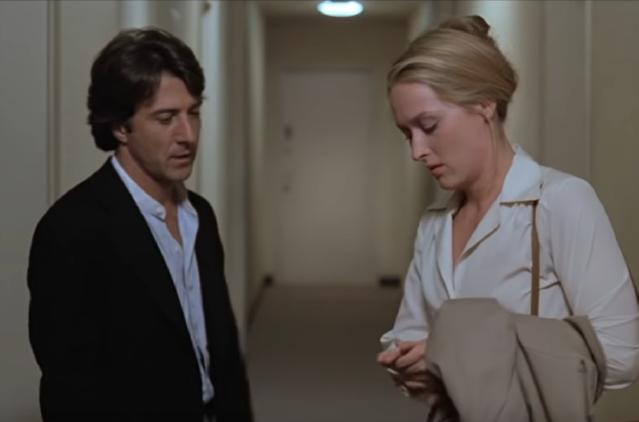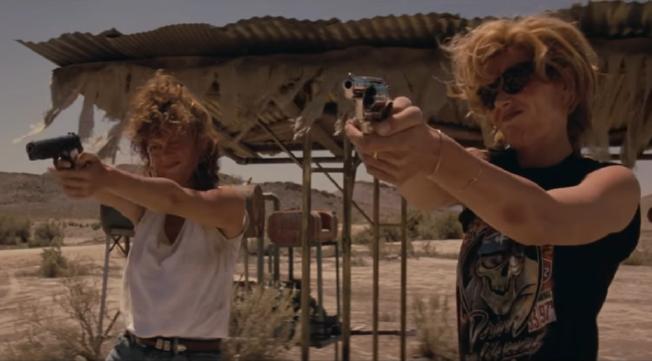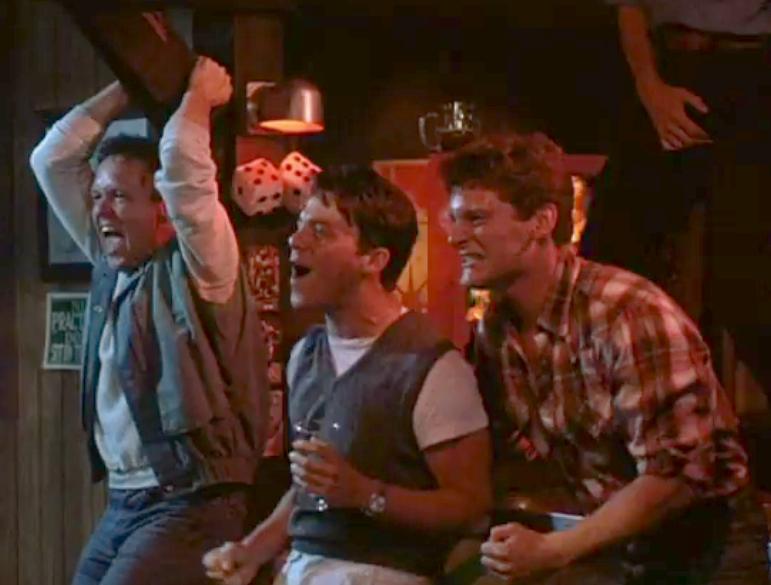DeLoggio Achievement Program
Selection of and Preparation for College and Professional Programs
Culture by Cinema
Equality for Women
Kramer versus Kramer
Movies like "Suffragette" and "Hidden Figures" have shown us some early treatment of women and their reactions to it. But Kramer vs. Kramer moves us forward into the feminist era, and the social issues that frame the story are in the foreground rather than in the shadows. Although Dustin Hoffman is the star of the movie, the story belongs to his wife Joanna, portrayed by Meryl Streep. Joanna leaves her husband and son to go “find herself,” a common phrase of the era.
A year later she returns and wants to regain her son, but not her marriage. Meanwhile Dustin Hoffman has grown from a typical business Dad, who likes his son but never dreamed of being an active parent, to a father who isn’t about to let his ex-wife walk back into his life just because she wants her boy.
The issues are as complex on screen as they are in life, and several highlights of the film were added to the script by the actors. Streep’s courtroom scene was unscripted, and she delivers an argument to the judge from her own heart. This is the first movie that I know of to give custody to a father when the mother is willing and able to take care of her child. challenging the "tender years" doctrine that had advocated a strong maternal presence for young children.
Thelma and Louise
It's difficult to know what to say about Thelma and Louise. It was probably the most misunderstood film about women that I've ever seen. The reviews billed it as a fun female "buddy" movie; the audiences frequently saw it as a movie about, in the words of the truck driver in this scene, "bitches from hell."
It's much more a film about two women who become trapped in their own histories. A man tries to rape Thelma (Geena Davis) and winds up dead. For varying reasons, both women know that there's no way that they will be believed, and decide to run. But each move they make takes them into even more dangerous territory, until there's no place left to go.
In some ways, this is the story of millions of women over hundreds of years. The big difference is that, as Thelma says near the end of the film, "Something's, like, crossed over in me... and I can't go back. I mean, I just couldn't live." And this really is what made the film so controversial. Whatever mistakes they made, and however crazy things got, they never wanted to go back, and the male audiences and critics could not forgive them for that.
The Accused
This film raises important legal issues about the line between speech and incitement, a line that we have seen several times in Donald Trump's Presidency. As people like Trump and social media like Insta-Gram and twitter seem to give us carte blanche to say rude, vulgar, racist, homophobic, and otherwise offensive things, “The Accused” reminds us that there is a line to be drawn someplace, and that a good litigator can move that line away from hatred and violence and toward a civilized society.
The actual case, in which a woman is gang-raped in a bar while other men clap, cheer, and urge other men to be next in line, was brilliantly portrayed by Jodie Foster, as the victim, and Kelly McGillis, as the prosecutor. As in the real case, there was no conviction for the rape, but Foster convinces McGillis to prosecute the other men in the bar for a conspiracy in which hate speech led to a conviction for criminal solicitation. The efforts of McGillis’s superior to get her to drop the case is also very realistic.
IMDb only rates it a 7.1. I think that it is seen as a chick flick because it indicts the men successfully.
Adam’s Rib
Adam’s Rib belongs on every law student’s must-see list. It addresses issues of equality between the sexes as lawyers, as defendants, and as a married couple. In “Adam’s Rib,” the classic love triangle has one spouse shooting the other after finding the classic bedroom scene. The plot twist is that it’s the woman who pulls the trigger rather than the man. Tracy is the district attorney prosecuting the case, and Hepburn has volunteered to be the defendant’s attorney. But Hepburn and Tracy are husband and wife, leading to a gender battle that cannot possibly stay within the confines of the courtroom.
It stars two legends of the silver screen whom every student should know if you want to be able to discuss cinema with the hiring partner: Spencer Tracy and Katharine Hepburn. Ms. Hepburn, a graduate of Bryn Mawr College, was a leader in feminist issues off-screen as well as on, following her mother’s footsteps in that regard. She was one of the first women to wear “trousers,”and was on the board of directors of Planned Parenthood,
Tracy and Hepburn were famous for their wit and chemistry on screen and off through half a dozen pictures, but the battle of the sexes portrayed here is still reenacted in courtrooms throughout the United States. The belief that a woman should expect her husband to have affairs and is unreasonable when she reacts emotionally, not to say violently, is as common today as it was when this movie was made 60 years ago.
| Copyright | Take me to Home Page |



